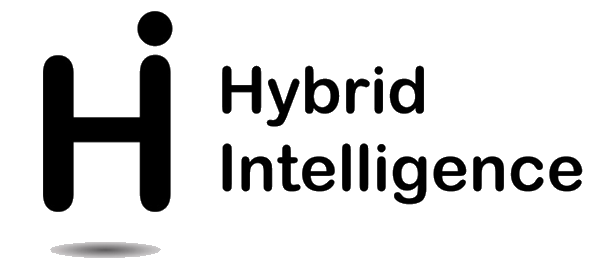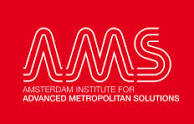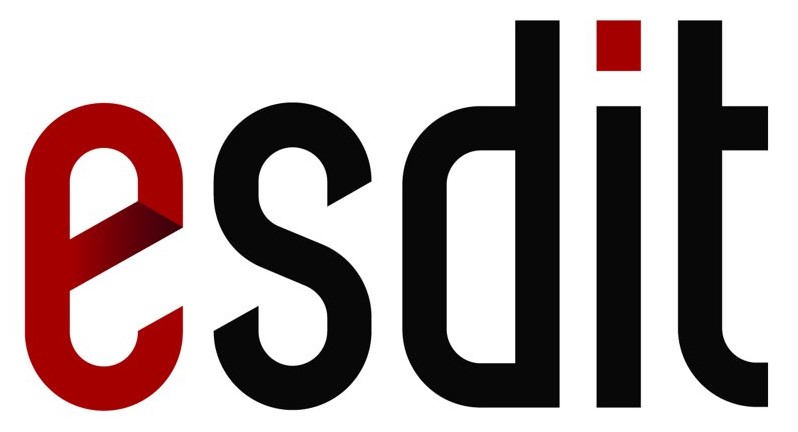Collaboration
The ESDiT programme is open to collaboration with a wide range of partners:
Media & general public
We stimulate societal discussions about ethical issues concerning disruptive technologies and to share results of the project with a wider audience.
Education
We develop new educational materials and programmes that incorporate our research results
Policy makers & civil society organisations
We make governmental and nongovernmental organisations aware of potential impacts and ethical aspects of disruptive technologies, and to exchange insights from our academic research with stakeholders for more morally responsible technology policy, regulation, and implementation of technology in society and in organisations, and more fair and inclusive decision procedures concerning potentially disruptive technologies.
Other academic researchers
We collaborate with leading international groups in our field, as well as relevant groups in related fields and in the engineering sciences, for mutual commitment to information exchange, joint workshops, collaboration on publications, and potential faculty exchange, and for our PhD students and postdocs to spend up to one semester at another institution
Technology developers
We stablish collaborative partnerships with leading companies and technology labs to make technology developers (research centers, labs, companies) aware of potential impacts and ethical aspects of disruptive technologies, and to transfer knowledge and skills for responsible technology development
Interested to learn more?
Research collaborations

Hybrid Intelligence program
In the same funding round as the Esdit programme, another closely connected gravitation programme has been awarded: Hybrid Intelligence (HI). The two programmes have since initiated activities to establish connections, since:
- Addressing ethical aspects forms an important part of creating hybrid intelligent systems that truly support people, and
- Artificial Intelligence is an important socially disruptive technology considered in the Esdit project.
HI-Esdit joint activities include research exchange and collaboration, societal engagement and strategic collaboration between the projects, among others.
If you would like to know more, you are most welcome to contact co-chairs Birna van Riemsdijk and Ibo van de Poel, or any other committee member.

Responsible Sensing Lab Amsterdam
The City of Amsterdam Digitization and Innovation Department (D&I) is co-responsible for the execution of the TADA manifesto as mentioned in the coalition agreement (2022-2026). The TADA manifesto outlines a set of values that have to be taken into account in digital innovations in the city.
How to best include these values is a challenge, for which the city is looking for expert help.
The Responsible Sensing Lab (hereafter RSL) was set up to explore how to operationalize public values in smart city technology. The RSL does this by building and testing prototypes in living labs and in the city of Amsterdam.
ESDiT is looking for living labs to connect to places where technology is under development, in order to identify conceptual and moral disruptions more early in the process of technology development and application.
ESDiT, AMS Institute and the City of Amsterdam and are complementary to each other. The City of Amsterdam can provide cases. AMS Institute provides connection between practice and science, and has means to do experiments and built prototypes. ESDiT has experts that can help operationalize values, bring alternative definitions of values, bring in new concepts, define relevant experiments having to do with the operationalization of values and reflect on the process.
Get in Touch
Let us know if you have any questions or a proposal to collaborate!
